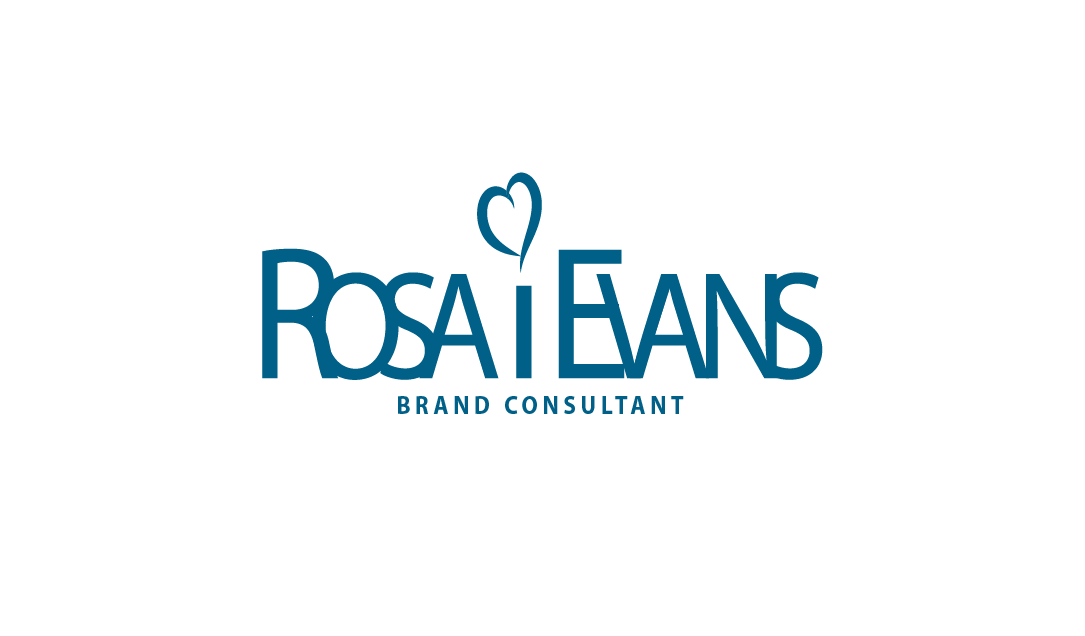What do you want to be known for?
USP is your unique selling point. Also called your unique selling proposition, it is what sets you and your business — or you as an individual — apart from your competition. It can be an actual fact or a perceived difference or specialty. Every business needs one. Your brand uniqueness is what will set your business above the rest in your industry.

Your USP is the sum of what you do and how you do it better or differently than others. It can be summed up in just a few words that become something of an advertising jingle or catch-phrase. No matter how you say it, your USP should focus on how it benefits your customers.
Here are a few well-known examples:
- Burger King: Have it your way
They build on the premise that it’s easy for a customer to request changes. The benefit to the customer: Satisfaction. No hassles (for trying to change the standard burger offerings) and a hamburger that’s just the way you like it. - Enterprise: Pick Enterprise. We’ll pick you up.
While Avis made a name for itself with its “We’re number two, We try harder” slogan that emphasized customer service, Enterprise focuses on one key selling point – customer pick-up. The benefit to the customer: Convenience. You don’t have to worry about taking a cab or bother with finding some other way to go get your rental car. It comes to you. - Bounty: The Quicker Picker-Upper
Many products, such as paper towels or toilet tissue, have similar qualities. Bounty makes their mark by saying that their product absorbs spills faster. The benefit to the customer: Time-Savings. You get the dirty work done sooner and can get on to other more important matters.
What’s Unique About You
There are many businesses, brands, and accounts that offer similar services and products. How do you set yourself apart? Look at what you do and how you do it.
Look at your current customers (or those you wish to attract).
- What do you do? If you have a broad offering, can you focus on one or two key services that are most in-demand? List your specialties or niche areas.
- How do you do business? Is there something special, unusual, or significant about the way you do business? Do you offer a 24 or 48-hour turnaround? Do you deliver for free?
- Who are your customers? Look at the demographics – age, interests, location (local, all over the world).
- What do your customers want? Is it low-price, your personality, your location, your reputation, or something else that attracts customers to your business? List the benefits that customers derive from you.
- There may be very little difference between your product and your competitors’ — but if you can’t find a way to communicate uniqueness and connect it to a need of your target, you might as well quit fighting your competition and sell out to them. — BusinessTown.com
Where to start in developing your brand uniqueness.
Answer the four questions, above, about your business. Pick out at least one key point from your answers to each question. Which one stands out in your mind? Run your ideas past a few trusted friends to find the one that best expresses what is special about what you offer. Now, take what’s unique about your business and express it as a benefit to your customer.
Use the (USP) brand uniqueness worksheet below to get started.
Find more business, branding, and marketing tips click here.
Any questions? Comment below.
